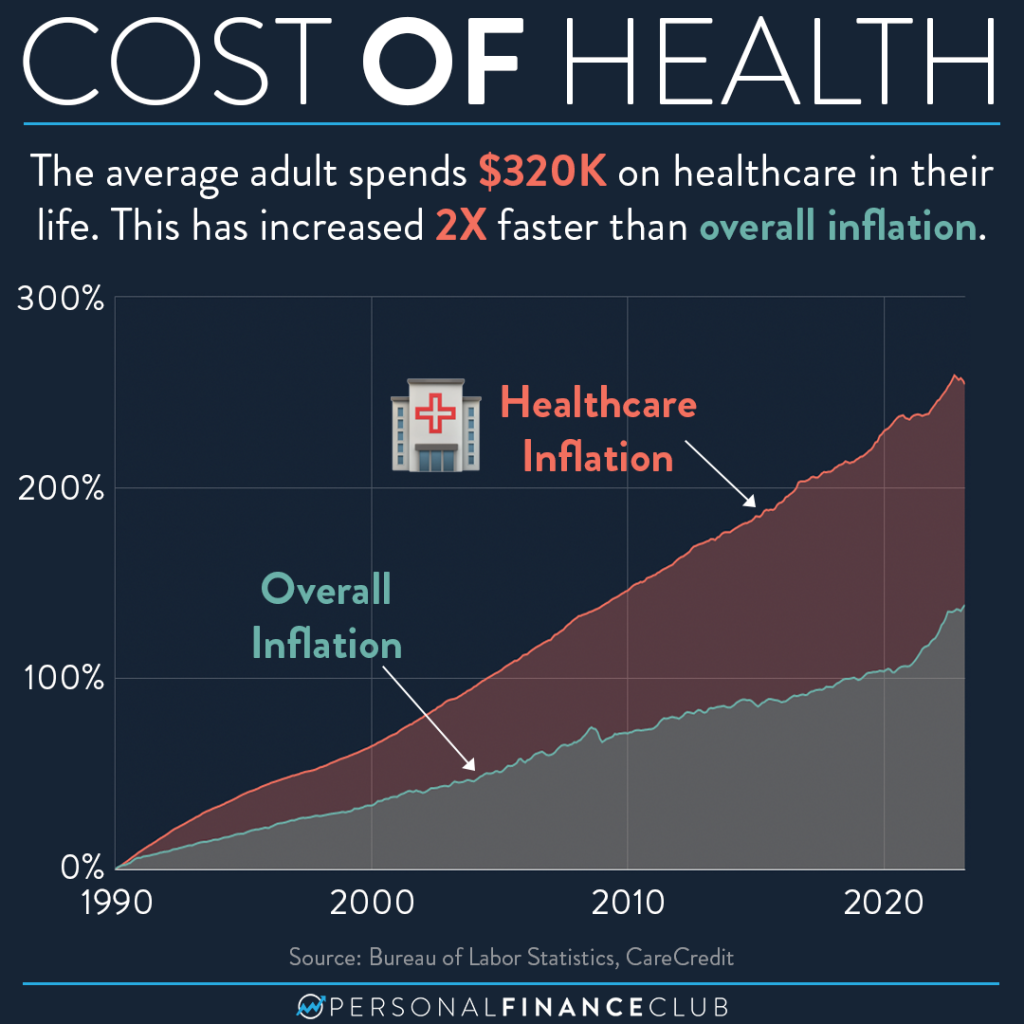Comprehensive Healthcare RCM for Improving Person Payment and Settlements
Comprehensive Healthcare RCM for Improving Person Payment and Settlements
Blog Article
Recognizing the Role of Medical Care RCM in Enhancing Financial Efficiency and Patient Fulfillment
Browsing the complexities of Health care Profits Cycle Management (RCM) is crucial for achieving ideal monetary performance while simultaneously elevating client contentment. As we discover the transformative potential of RCM, inquiries concerning its critical execution and future advancements beckon, encouraging insights that could redefine sector criteria and person experiences alike.

Trick Elements of RCM
In the complicated landscape of health care, Profits Cycle Monitoring (RCM) is critical in making sure financial stability and operational effectiveness. Individual registration and qualification confirmation are fundamental steps, making certain that precise person information is captured and insurance policy coverage is confirmed before services are made.

Cost capture is another necessary component, including the accurate recording of services supplied to clients. It makes sure that all billable services are made up, thus maximizing revenue potential. Simultaneously, medical coding translates patient experiences into standardized codes, which are vital for payment and regulative compliance.
Claims entry and management comply with, including the preparation and submission of claims to payers. This process requires precise focus to detail to reduce mistakes and prevent hold-ups. Rejection monitoring is a proactive method to solve and resolve denied cases, guarding profits streams.
Finally, repayment publishing and person collections complete the cycle, making sure payments are accurately tape-recorded and superior balances are pursued. Together, these parts develop a robust framework that supports the functional and monetary wellness of health care organizations.
Impact on Financial Performance
Effective Revenue Cycle Management (RCM) significantly affects a health care company's financial performance by enhancing capital and lowering earnings leakage. RCM encompasses the extensive invoicing and collection procedures that make certain doctor efficiently handle their financial deals from client enrollment to last payment. By enhancing these processes, organizations can minimize refuted insurance claims, speed up repayment cycles, and enhance overall financial health and wellness.
Financial performance is improved with thorough administration of billing treatments, which entails exact coding and timely submission of insurance claims. This decreases the likelihood of insurance claim denials and rejections, which can dramatically hinder earnings flow otherwise resolved quickly. In addition, incorporating advanced technology options helps with real-time tracking of claims and economic metrics, offering healthcare administrators with the tools necessary to make enlightened tactical choices.

Enhancing Person Complete Satisfaction
While maximizing financial performance is an essential objective of Revenue Cycle Monitoring (RCM), it likewise plays a critical role in improving client complete satisfaction. By decreasing administrative burdens, RCM allows medical care providers to focus much more on patient care, which straight enhances client contentment.

RCM likewise improves patient fulfillment via efficient communication. By maintaining a comprehensive database get more of person information, RCM facilitates boosted interaction between patients and health care providers, guaranteeing clients really feel educated and valued.
Methods for Reliable RCM
Accomplishing effective Income Cycle Management (RCM) calls for medical care organizations to implement a collection of tactical techniques that make sure financial stability and operational performance. One critical method is the adoption of technology-driven services, such as integrated software systems that streamline payment procedures, minimize mistakes, and improve information accuracy. These systems allow real-time monitoring of monetary metrics, permitting punctual identification and rectification of ineffectiveness.
An additional approach is the standardization of processes across the earnings cycle. Healthcare RCM. This includes creating regular policies for client enrollment, insurance confirmation, and asserts handling. By making certain that all staff abide by these standards, companies can speed up and decrease inconsistencies payment collections
Staff training and development also play a crucial function in reliable RCM. Trained employees can successfully navigate complex invoicing procedures and laws, reducing denials and improving capital. Regular updates on policy adjustments and finest practices aid keep a qualified and experienced workforce.
Future Trends in RCM
As medical care organizations boost their Income Cycle Management (RCM) approaches with innovation and standard procedures, interest is now turning towards the future patterns forming this essential location. One considerable fad is the integration of fabricated intelligence (AI) and artificial intelligence to automate complex tasks, such as claims refining and anticipating analytics. These modern technologies are anticipated to decrease errors, increase purchase times, and give data-driven understandings for far better decision-making.
Additionally, the change towards value-based care proceeds to influence RCM practices - Healthcare RCM. Doctor are anticipated to increasingly concentrate on individual outcomes and complete satisfaction, demanding RCM systems that can suit new repayment models. This shift will certainly call for more thorough from this source information collection and analysis to properly gauge and report on performance metrics
Interoperability is an additional emerging concern, as seamless data exchange between diverse systems becomes critical. Improved interoperability will help with even more exact patient info sharing, minimizing a fantastic read management worries and enhancing the person experience.
Conclusion
Healthcare Income Cycle Administration (RCM) substantially affects both monetary efficiency and patient contentment by optimizing payment processes, making sure accurate coding, and enabling timely claims submission. Reliable RCM decreases earnings leakage and accelerates money flow, minimizing insurance claim rejections and quickening repayments.
Navigating the details of Medical care Profits Cycle Monitoring (RCM) is important for accomplishing optimum economic performance while all at once boosting individual complete satisfaction. RCM includes the comprehensive payment and collection processes that guarantee medical care suppliers effectively handle their economic deals from individual registration to last payment. By reducing management burdens, RCM enables health care providers to focus a lot more on patient care, which straight boosts person complete satisfaction.
By maintaining an extensive database of individual information, RCM facilitates enhanced interaction between people and healthcare providers, making sure people feel notified and valued.Healthcare Revenue Cycle Administration (RCM) dramatically influences both monetary performance and individual fulfillment by optimizing invoicing procedures, guaranteeing accurate coding, and enabling timely cases entry.
Report this page